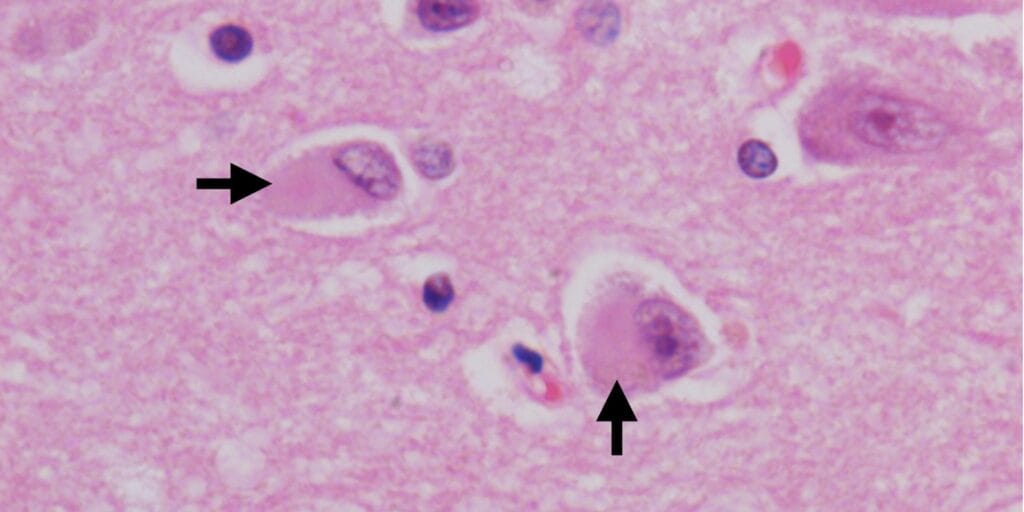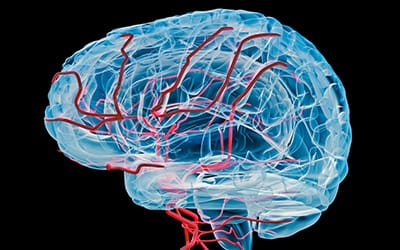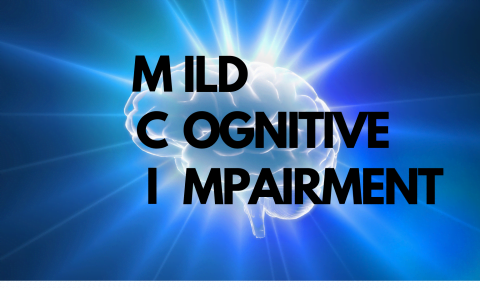Dementia isn’t a single condition—it’s an umbrella term for symptoms affecting memory, thinking, and social abilities. Each type of dementia progresses differently, affects various areas of the brain, and requires specific approaches to care. Understanding the different types helps caregivers and families provide better support while ensuring the proper medical interventions.
This blog will explore the most common types of dementia, their symptoms, causes, and potential treatments.
Types of Dementia – 1. Alzheimer’s Disease (AD)
Prevalence: ~60-80% of all dementia cases
Alzheimer’s is the most common type of dementia, marked by plaques (amyloid) and tangles (tau) in the brain. It is a progressive condition, with memory loss being the earliest and most recognizable symptom.
Key Symptoms:
- Short-term memory loss (e.g., forgetting recent events)
- Difficulty finding words or following conversations
- Confusion about time and place
- Poor judgment and difficulty making decisions
- Mood changes and social withdrawal in later stages
Causes:
While the exact cause is unknown, Alzheimer’s is linked to genetic, lifestyle, and environmental factors. Age remains the most significant risk factor, though early-onset Alzheimer’s can develop in people in their 40s or 50s.

2. Vascular Dementia (VaD)
Prevalence: ~10-20% of dementia cases
Vascular dementia occurs due to reduced blood flow to the brain, often following strokes or small vessel diseases. This leads to cognitive decline over time as brain cells are deprived of oxygen and nutrients.
Key Symptoms:
- Poor concentration and difficulty organising thoughts
- Trouble with problem-solving and planning
- Sudden or step-like cognitive declines (after a stroke)
- Memory issues that vary depending on the damaged area
- Difficulty with motor functions (e.g., walking, coordination)
Causes:
The most common causes include strokes, high blood pressure, and conditions like diabetes and atherosclerosis.
T
Types of Dementia – 3. Lewy Body Dementia (LBD)
Prevalence: ~5-10% of dementia cases
LBD is linked to abnormal protein deposits called Lewy bodies in the brain. It overlaps with both Alzheimer’s and Parkinson’s diseases, making it challenging to diagnose.
Key Symptoms:
- Fluctuating attention and alertness (e.g., confusion that comes and goes)
- Hallucinations (often visual) in early stages
- Parkinson-like symptoms such as tremors or rigidity
- REM sleep behaviour disorder (acting out dreams)
- Sensitivity to antipsychotic medications
Causes:
The cause is unknown, though it is related to the same proteins that affect those with Parkinson’s. Some genetic factors might play a role.
T
Types of Dementia – 4. Frontotemporal Dementia (FTD)
Prevalence: ~5-10% of cases, typically affecting people aged 45-65
FTD results from degeneration in the frontal and temporal lobes of the brain, which control personality, behaviour, and language.
Key Symptoms:
- Drastic personality and behavioural changes (e.g., loss of empathy, impulsivity)
- Difficulty with speech or word comprehension
- Apathy or inappropriate social behaviour
- Overeating or changes in eating habits
- Memory loss occurs much later in the disease progression
Causes:
FTD has a more robust genetic component than other types, with up to 40% of cases having a family history.
T
5. Mixed Dementia
Mixed dementia refers to cases where more than one type of dementia coexists, most commonly Alzheimer’s and vascular dementia.
Key Symptoms:
- A combination of memory loss, confusion, and difficulty with attention
- Fluctuations in cognitive function and mood
- Symptoms vary depending on which types are present
Causes:
This condition is often underdiagnosed because the symptoms overlap with other forms of dementia. Mixed dementia typically occurs in older adults, especially those with multiple health conditions.
6. Parkinson’s Disease Dementia (PDD)
While Parkinson’s disease primarily affects motor function, around 50-80% of people with Parkinson’s develop dementia in the later stages.
Key Symptoms:
- Slowed thinking and trouble with attention
- Memory loss
- Visual hallucinations
- Depression or anxiety
Causes:
The presence of Lewy bodies in the brain is thought to contribute to PDD, similar to Lewy body dementia.
7. Creutzfeldt-Jakob Disease (CJD)
CJD is a rare but fatal form of dementia caused by prion proteins that damage brain tissue rapidly.
Key Symptoms:
- Rapid cognitive decline within months
- Muscle stiffness and involuntary movements
- Visual disturbances
- Behavioural changes and confusion
Causes:
CJD can occur sporadically or be inherited. In very rare cases, it is transmitted through exposure to infected brain tissue.
8. Wernicke-Korsakoff Syndrome
This type of dementia is linked to severe thiamine (vitamin B1) deficiency, often seen in people with chronic alcoholism or severe malnutrition.
Key Symptoms:
- Confusion and disorientation
- Memory gaps and confabulation (creating false memories)
- Difficulty with coordination
Causes:
Wernicke-Korsakoff Syndrome arises from long-term malnutrition or alcohol misuse, which depletes vitamin B1 levels needed for brain function.
Conclusion: Early Detection and Personalized Care Matter
The various types of dementia share some similarities but differ in causes, symptoms, and progression patterns. Early diagnosis is essential for managing these conditions effectively, and personalised care tailored to each person’s needs can significantly improve quality of life. Also read 11 best foods to boost your brain and memory
At Ivory, we are committed to helping individuals understand their cognitive health. Tools like the Cognitive Health Check-ups in our app can provide an early indication of memory issues and offer guidance on managing brain health. These check-ups are also helpful in early detection of different types of dementia. Early intervention can make all the difference, whether you’re concerned about your memory or supporting a loved one.

If you suspect dementia in yourself or someone you care for, don’t hesitate to consult a healthcare professional. While there may not be a cure for most types, a combination of lifestyle changes, therapies, and medications can slow the progression and improve quality of life.
For more insights into brain health, explore the Ivory app today—a smarter way to live well and care for your mind. You will also find this video series on Ivory’s Youtube channel useful.




